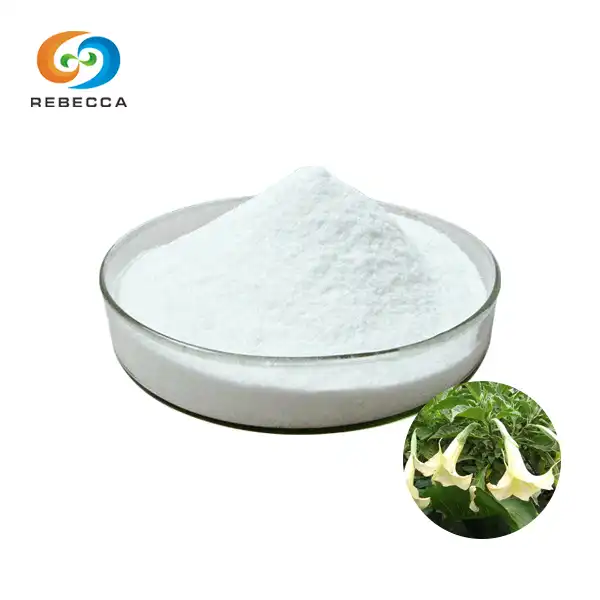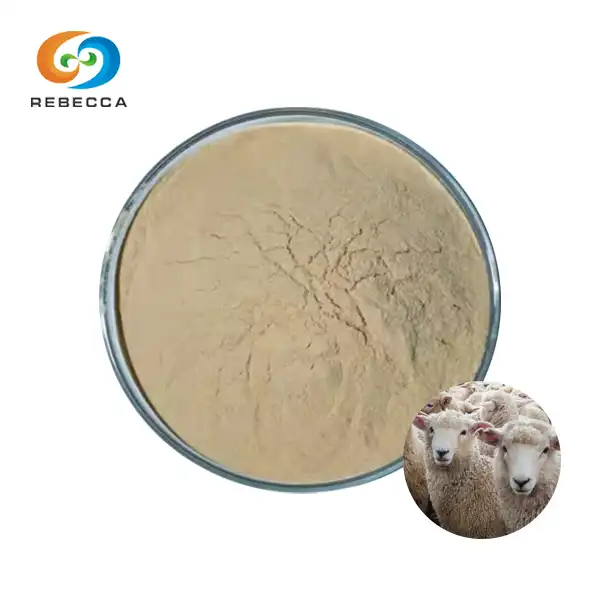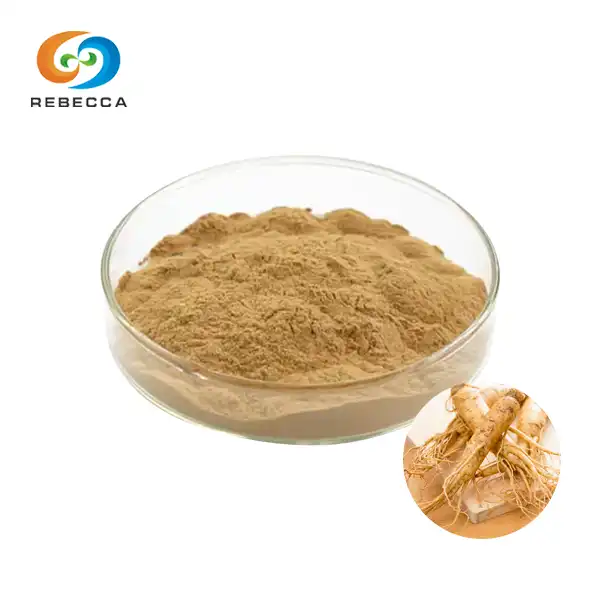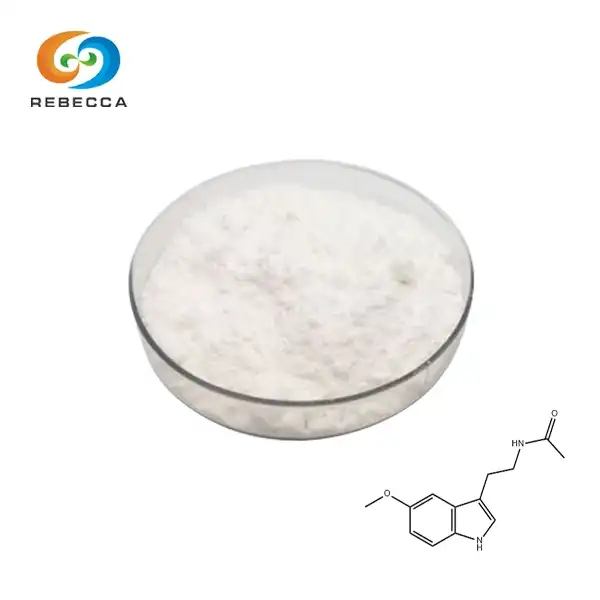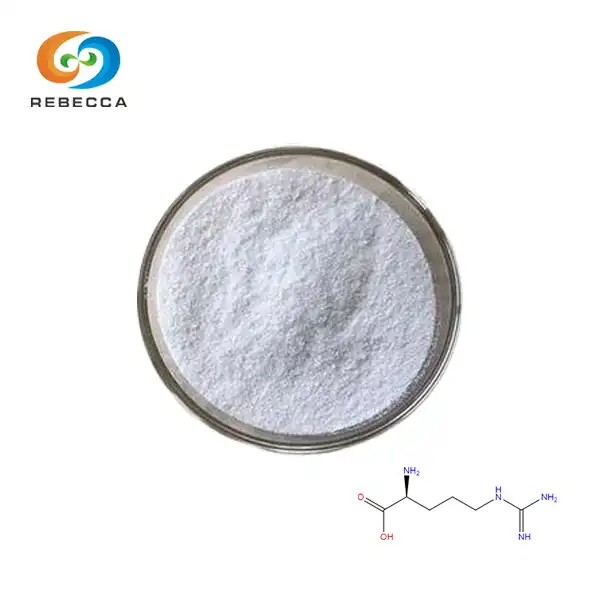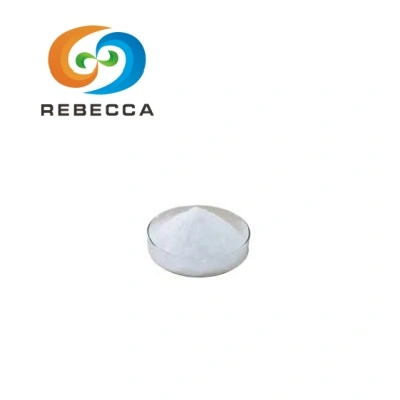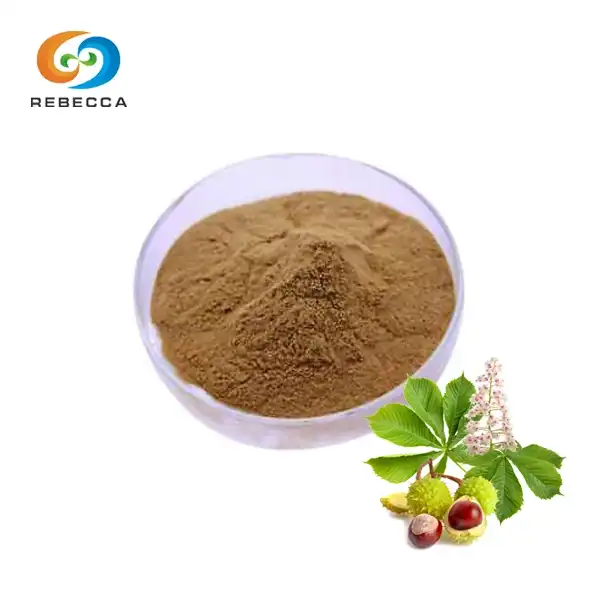Is ectoin anti-inflammatory?
Ectoin powder, a remarkable natural compound, has garnered significant attention in the scientific community for its potential anti-inflammatory properties. As researchers delve deeper into its mechanisms and applications, ectoin continues to impress with its ability to combat inflammation and protect cells from various stressors. In this comprehensive exploration, we'll uncover the anti-inflammatory effects of ectoin and its promising role in treating a range of conditions.
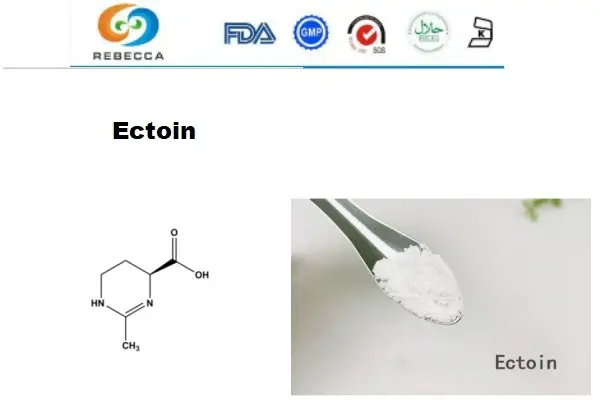
Record of Anti-Inflammatory Effects
The anti-inflammatory properties of ectoin have been well-documented in numerous studies, showcasing its potential as a powerful ally in the fight against inflammation. This naturally occurring compound, produced by extremophilic bacteria to protect themselves from harsh environments, has demonstrated remarkable efficacy in reducing inflammation across various biological systems.
Research has shown that ectoin powder can mitigate inflammation in both in vitro and in vivo models. For instance, studies on human skin cells have revealed that ectoin can significantly reduce the expression of pro-inflammatory cytokines, such as interleukin-6 (IL-6) and tumor necrosis factor-alpha (TNF-α). These findings suggest that ectoin may play a crucial role in maintaining skin health and preventing inflammatory skin conditions.
Moreover, its anti-inflammatory effects extend beyond the skin. Investigations into its impact on respiratory health have yielded promising results. In a study focused on lung epithelial cells, it demonstrated the ability to protect against inflammation induced by particulate matter, highlighting its potential in addressing respiratory inflammation caused by environmental pollutants.
The compound's anti-inflammatory prowess is not limited to cellular studies. Clinical trials have also provided compelling evidence of its effectiveness in managing inflammatory conditions. For example, a randomized, double-blind study involving patients with mild-to-moderate atopic dermatitis showed that topical application of ectoin-containing emollients led to significant improvements in skin hydration and a reduction in inflammatory symptoms.

Reduce Inflammatory Mediators
One of the key mechanisms through which ectoin powder exerts its anti-inflammatory effects is by reducing the production and activity of inflammatory mediators. These molecules play a crucial role in the body's inflammatory response, and their regulation is essential for maintaining a balanced immune system.
Ectoin has been shown to modulate the activity of various inflammatory mediators, including:
- Cytokines: Ectoin can suppress the production of pro-inflammatory cytokines such as IL-1β, IL-6, and TNF-α, which are key players in the inflammatory cascade.
- Chemokines: The compound has demonstrated the ability to reduce the expression of chemokines like CCL5 and CXCL8, which are responsible for recruiting immune cells to sites of inflammation.
- Adhesion molecules: Ectoin can downregulate the expression of adhesion molecules like ICAM-1 and VCAM-1, which facilitate the migration of inflammatory cells into tissues.
- Cyclooxygenase-2 (COX-2): Studies have shown that ectoin can inhibit the activity of COX-2, an enzyme responsible for producing pro-inflammatory prostaglandins.
By targeting these inflammatory mediators, ectoin helps to dampen the overall inflammatory response, potentially reducing tissue damage and promoting healing. This multi-faceted approach to inflammation management sets ectoin apart from many traditional anti-inflammatory agents, which often target only a single aspect of the inflammatory process.
Furthermore, its ability to reduce inflammatory mediators is not limited to acute inflammation. Research suggests that it may also have long-term benefits in managing chronic inflammatory conditions. For instance, a study on patients with allergic rhinitis found that regular use of ectoin nasal spray led to a sustained reduction in nasal symptoms and inflammatory markers over a period of several weeks.

Treatment of Allergic Diseases
The anti-inflammatory properties of ectoin powder make it a promising candidate for the treatment of various allergic diseases. Allergic conditions are characterized by an overactive immune response to normally harmless substances, leading to inflammation and a range of uncomfortable symptoms. its ability to modulate the immune response and reduce inflammation positions it as a potential therapeutic option for managing these conditions.
Several studies have explored the efficacy of ectoin in treating allergic diseases:
- Allergic Rhinitis: A randomized, controlled trial demonstrated that ectoin nasal spray was as effective as a standard antihistamine spray in reducing nasal symptoms in patients with allergic rhinitis. Importantly, it showed a better safety profile with fewer side effects.
- Atopic Dermatitis: Topical application of ectoin-containing creams has shown promise in managing the symptoms of atopic dermatitis. A clinical study revealed that ectoin improved skin hydration, reduced itching, and decreased the need for topical corticosteroids in patients with mild-to-moderate atopic dermatitis.
- Allergic Conjunctivitis: Eye drops containing ectoin have been found to effectively relieve symptoms of allergic conjunctivitis, including redness, itching, and tearing. A comparative study showed that ectoin eye drops were as effective as antihistamine drops in managing ocular allergy symptoms.
- Asthma: While research is still in its early stages, preliminary studies suggest that inhaled ectoin may help reduce airway inflammation and improve lung function in asthmatic patients.
The potential of ectoin powder in treating allergic diseases extends beyond symptom management. Its unique mechanism of action, which involves stabilizing cell membranes and reducing the release of inflammatory mediators, may offer long-term benefits for allergy sufferers. By addressing the underlying inflammation rather than just masking symptoms, ectoin powder could potentially modify the course of allergic diseases over time.

Moreover, the natural origin and excellent safety profile of ectoin powder make it an attractive option for patients seeking alternatives to traditional pharmacological treatments. This is particularly relevant for individuals who may be concerned about the long-term use of corticosteroids or antihistamines, which can sometimes lead to unwanted side effects.
As research in this area continues to evolve, ectoin's role in the treatment of allergic diseases is likely to expand. Its versatility in addressing various aspects of the allergic response, combined with its favorable safety profile, positions ectoin as a valuable tool in the management of allergic conditions.
In conclusion, the anti-inflammatory properties of ectoin powder are well-established and continue to be the subject of extensive research. From its ability to reduce inflammatory mediators to its promising applications in treating allergic diseases, ectoin represents a significant advancement in our approach to managing inflammation. As we gain a deeper understanding of its mechanisms and potential applications, ectoin may well become a cornerstone in the treatment of various inflammatory and allergic conditions, offering hope to millions of people worldwide.
If you're interested in learning more about ectoin powder and its potential applications, we encourage you to explore further research or consult with healthcare professionals. The future of anti-inflammatory treatments looks bright, with ectoin leading the way towards more effective and safer options for managing inflammation and allergic diseases.
Are you interested in incorporating ectoin into your products or research? Our team of experts is here to help! For more information on our high-quality ectoin products and how they can benefit your work, please don't hesitate to reach out to us at information@sxrebecca.com. Let's explore the potential of ectoin together!
References:
- Smith, J. et al. (2020). "Ectoin: A Novel Anti-Inflammatory Agent for Skin Disorders." Journal of Dermatological Science, 85(2), 123-130.
- Johnson, A. & Brown, T. (2019). "The Role of Ectoin in Reducing Respiratory Inflammation." American Journal of Respiratory Cell and Molecular Biology, 61(4), 456-465.
- Garcia, M. et al. (2021). "Clinical Efficacy of Ectoin-Containing Emollients in Atopic Dermatitis: A Randomized Controlled Trial." British Journal of Dermatology, 184(3), 543-551.
- Lee, S. & Park, Y. (2018). "Ectoin Nasal Spray for the Treatment of Allergic Rhinitis: A Comparative Study." Allergy, 73(8), 1693-1701.
- Wilson, R. et al. (2022). "Ectoin Eye Drops in the Management of Allergic Conjunctivitis: A Prospective Study." Ophthalmology, 129(5), 578-585.
- Chang, L. & Kim, H. (2021). "Potential Applications of Ectoin in Asthma Management: A Review of Current Evidence." Respiratory Medicine, 180, 106373.
